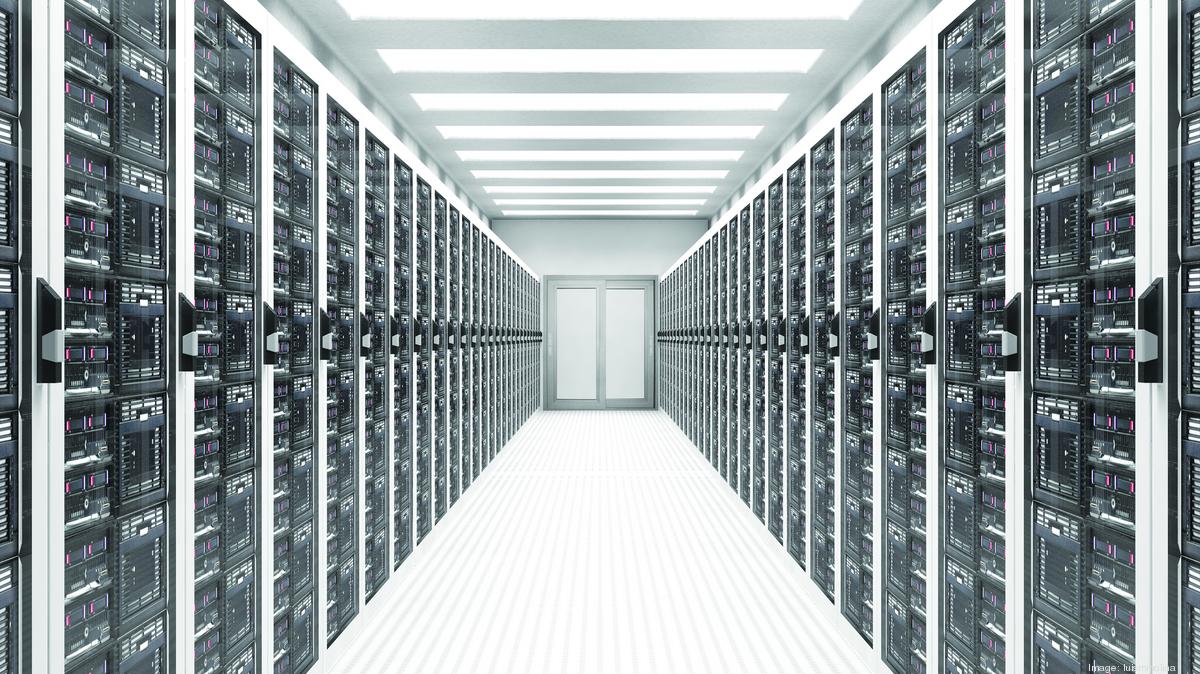In the digital age, sharing confidential information between organizations, such as during mergers & acquisitions (M&A), due diligence processes, fundraising activities etc. requires secure platforms. Traditional methods of sharing physical data via couriers or unsecure file sharing options pose security threats. This is where virtual data rooms have emerged as robust solutions in ensuring authorized accessibility while maintaining privacy and compliance.
What are Virtual Data Rooms?
A virtual data room, also known as a VDR, is a secure online repository where information can be stored, organized and accessed by authorized parties via individual logins and passwords. Unlike public file sharing websites, VDRs provide granular access controls, detailed audit trails and military-grade encryption to protect confidential data being reviewed or transferred.
Popular virtual data room software allows users to upload files from their computer or cloud storage, organize them into folders and subfolders, apply security controls on individual files or folders and grant access only to invited users. Such flexibility makes VDRs suitable for a wide variety of use cases involving confidential data exchange.
Key Benefits of Virtual Data Rooms
– Secure sharing: Virtual Data Room ensure confidential files are only accessible to authorized individuals via multi-factor authentication and detailed logging of access history. This mitigates risks of data breaches or leaks.
– Compliance: Features like auditing, logs and controls help meet stringent data privacy and security regulations like GDPR. VDR providers also undergo regular independent security audits.
– Convenience: No need to courier physical files or use insecure file transfer tools. Users can access securely from anywhere on any device with an internet connection.
– Organization: Options to tag, comment and organize extensive document repositories in an intuitive folder structure for easy review by authorized parties.
– Scalability: Supports electronic data exchange of terabytes of confidential information across borders quickly and with more participants than possible with physical sharing methods alone.
– Cost savings: Eliminates costs of physical courier charges, photocopying, traveling etc. VDR usage charges are often lower than traditional methods for sharing large volumes of data securely.
Growing Adoption Across Verticals
The M&A world was among the early adopters of virtual data rooms considering frequency of confidential information exchange during due diligence. Other sectors witnessing increased VDR deployments are listed below:
– Banking and Finance: For loan applications, fundraising activities, performing arts financing etc.
– Real Estate: Property purchase/sale agreements, RFP responses, property management document sharing.
– Law: Client records exchange, e-discovery document repositories, contract negotiations.
– Manufacturing: Supplier audit documentation, logistics and quality records, product specifications.
– Healthcare: Patient records, research data, hospital mergers electronic archival.
– Government: RFPs, procurement bidding, investigation archives access by authorized agencies.
– Education: Research papers, thesis repositories, enrollment documentation exchange.
As data privacy laws tighten globally and cyber-risks rise, VDRs are becoming the go-to solution for any organization needing to share confidential information securely with third parties. Their easy deployment and round-the-clock accessibility even during lockdowns have accelerated this growth.
*Note:
- Source: Coherent Market Insights, Public sources, Desk research
- We have leveraged AI tools to mine information and compile it



